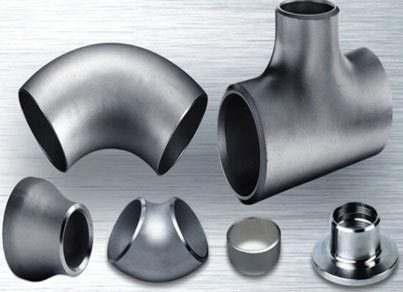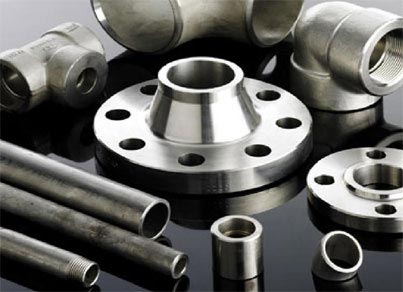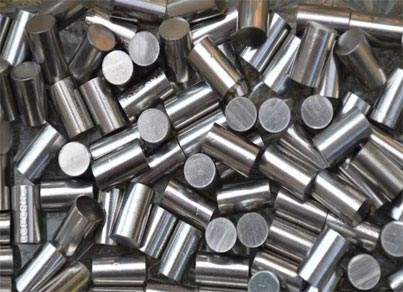Welcome to our Steel Worlds Industries
E-mail us
steelworldsindustries2018@gmail.com
Nickel is a versatile metal that is used in a wide range of applications, including chemical processing, electronics, aerospace, and marine engineering. There are several grades of nickel, each with unique properties that make them suitable for specific applications. Here is a brief description of nickel products with grades. Nickel 200/201: Nickel 200 and Nickel 201 are commercially pure nickel alloys that are highly resistant to corrosion in various environments.

Nickel alloys are known for their excellent corrosion resistance due to their strong bond between the metals in the alloy. They also have great strength and toughness that makes them ideal for use in applications that require wear resistance or high temperatures. Common uses for nickel alloys include aerospace components, medical implants, marine equipment, valves and pumps, oil and gas production equipment, turbine engines, and nuclear power plant components.

A nickel alloy is composed of two or more metals, with one being nickel as the base metal. The other metals that often form part of an alloy may include iron (Fe), copper (Cu), manganese (Mn), chromium (Cr), molybdenum (Mo) titanium (Ti). Each different combination will result in different properties depending on the purpose it is intended to serve; this is why there are many types of nickel alloys available on the market today. For example, Hastelloy C276 contains an alloy made up mostly of nickel along with molybdenum, chromium, and tungsten, which makes it resistant to corrosion from many types of acids & chemicals.

| Property | Details |
|---|---|
| Grades | Nickel 200, Nickel 201, Alloy 400, Alloy 600, Alloy 625, Alloy 800, Alloy 825, Alloy K500 |
| Material Type | Pure Nickel, Nickel Alloys |
| Standards | ASTM B160 (Nickel Rods & Bars), ASTM B162 (Nickel Plates & Sheets), ASTM B163 (Nickel Pipes & Tubes), UNS N02200, UNS N02201 |
| Chemical Composition | Primarily Nickel (99% in pure nickel grades), with added elements such as Copper, Chromium, Molybdenum, Iron in various alloys |
| Corrosion Resistance | Excellent resistance to corrosion, particularly in harsh environments such as acid, alkali, and marine applications |
| Mechanical Properties | Tensile Strength: 380 - 825 MPa, Yield Strength: 100 - 600 MPa, depending on grade and heat treatment |
| Applications | Chemical Processing, Marine, Oil & Gas, Aerospace, Electronics, Power Generation, Heat Exchangers |
| Heat Resistance | High heat resistance, especially in alloys like Nickel 600 and 625, maintaining strength and oxidation resistance at elevated temperatures |
| Surface Finishes | Hot Rolled, Cold Rolled, Pickled, Polished, Annealed |
| Weldability | Excellent weldability, particularly in pure nickel and certain nickel alloys |
| Available Forms | Plates, Sheets, Bars, Pipes, Tubes, Fittings, Wires |
| Advantages | Exceptional corrosion and heat resistance, good strength, excellent toughness, wide industrial application |
